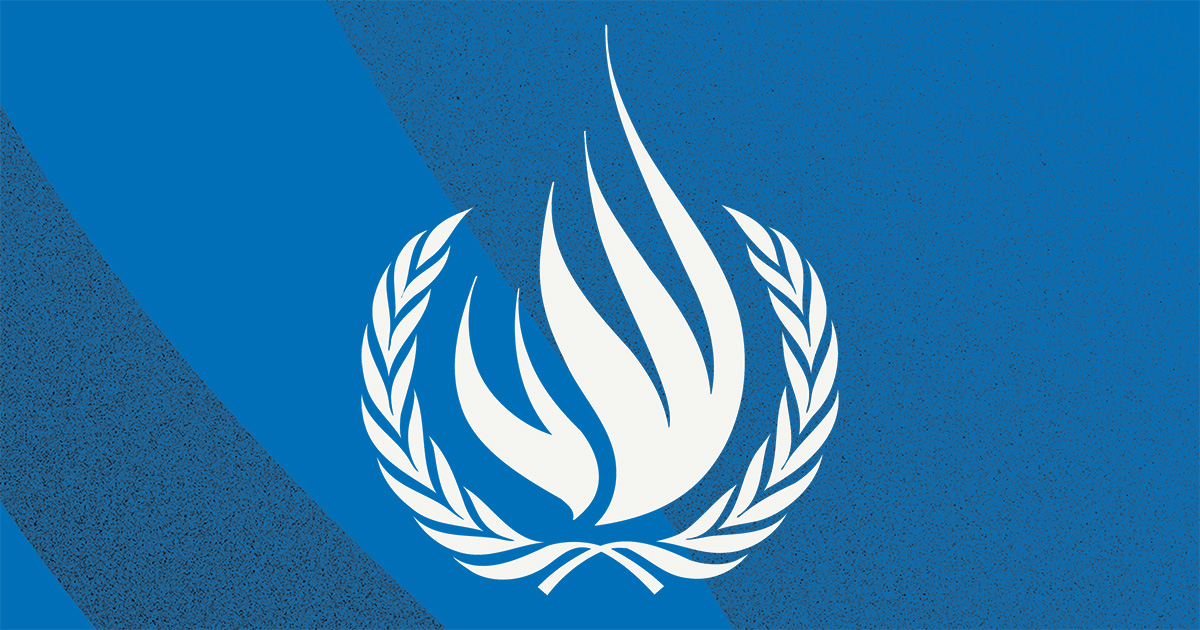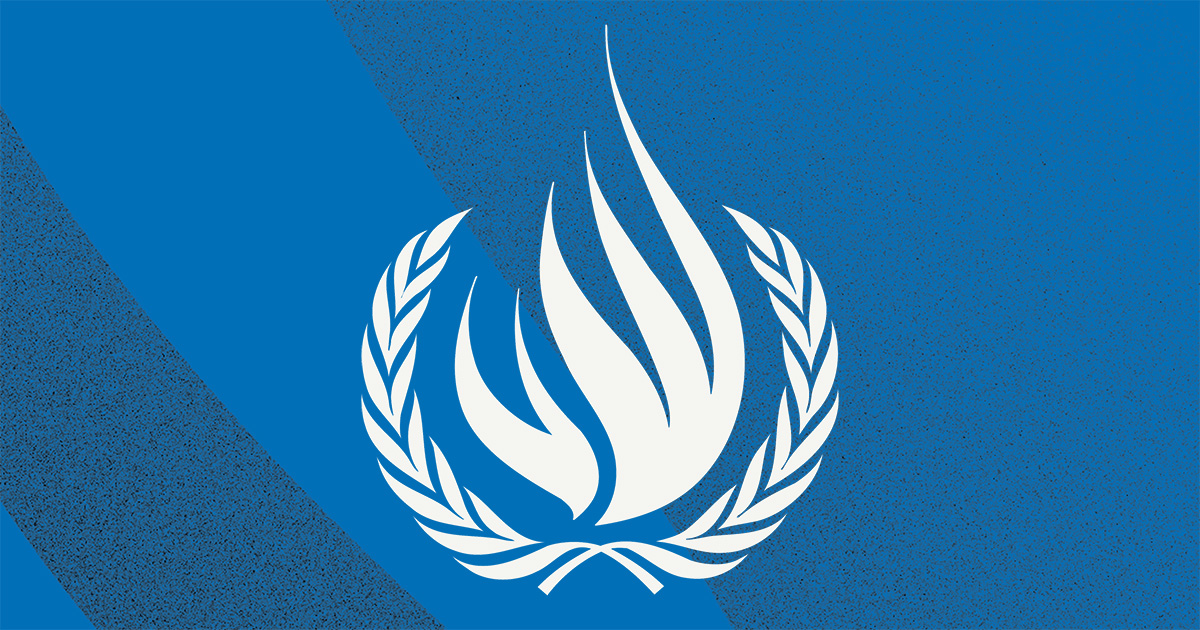
GENEVA (26 October 2023) – Two United Nations experts* have issued a statement on the challenges faced by persons with disabilities who are lesbian, gay, bisexual, trans, or gender-diverse (LGBT), including a series of recommendations to UN Member States to adopt measures to eradicate discrimination and violence on these bases.
The experts highlighted the specific human rights challenges faced by LGBT persons with disabilities, who often experience discrimination, face stigma, and suffer violence based on both their sexual orientation and/or gender identity, as well as their disability.
“There are compounded and persistent stereotypes that persons with disabilities and persons who are LGBT are ‘less than’ in society at large,” said the experts. “A pervasive perception is that, unless they are ‘cured’ or ‘corrected’, they are lesser or somehow inferior to other human beings. This prejudice lies at the root of violence against them. Including practices of correction or conversion and the denial of agency in decisions about their bodies, forced sterilisation, and interventions – medical or otherwise – to which they are subjected.”
In light of this evidence, the experts issued nine recommendations to United Nations Member States to recognise structural ableism as a significant and pressing concern also impacting LGBT persons, and to give consequence to that recognition in public policy by designing measures such as anti-discrimination legislation, awareness programs, training, and specialised services.
“To mark the 75th anniversary of the Universal Declaration on Human Rights and its bold recognition of the unlawfulness of discrimination on any grounds, UN Member States should pledge to take concrete actions in law, policy and practice to better promote and protect the rights of LGBT persons with disabilities from the unique threats of discrimination and violence that they face every day,” the experts said.
ENDS
* Victor Madrigal-Borloz, Independent Expert on protection against violence and discrimination based on sexual orientation and gender identity; Gerard Quinn, Special Rapporteur on the rights of persons with disabilities.
The experts are part of what are known as the Special Procedures of the Human Rights Council. Special Procedures, the largest body of independent experts in the UN Human Rights system, is the general name of the Council’s independent fact-finding and monitoring mechanisms that address either specific country situations or thematic issues in all parts of the world. Special Procedures experts work on a voluntary basis; they are not UN staff and do not receive a salary for their work. They are independent from any government or organization and serve in their individual capacity.
For more information and media requests please contact: hrc-ie-sogi@un.org.
Follow news related to the UN"s independent human rights experts on Twitter: @UN_SPExperts
Concerned about the world we live in?
Then stand up for someone"s rights today.
#Standup4humanrights and visit the website at
https://www.standup4humanrights.org/






